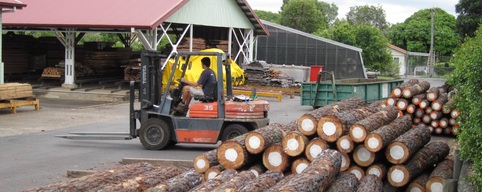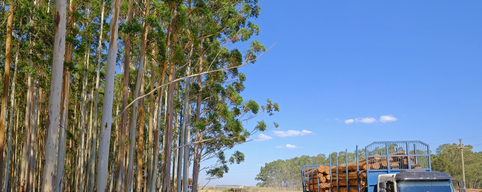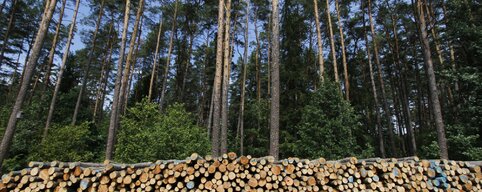

The mobilization is intensifying in the Jura region against the construction of a mega pellet factory in Salins-les-Bains. Residents, supported by the Pays de Salins Environnement association, are concerned about the preservation of local forests and the significant environmental impacts that this industrial project could cause. Indeed, 8 hectares of land, partially agricultural, are at risk of being transformed to accommodate this factory.
With a petition that has already gathered over 8,000 signatures, opponents aim to make their voices heard by the authorities to alert them to the potentially disastrous impact of this installation. The company EO2, which is behind the project, plans an annual production of 65,000 tons of pellets, requiring an investment of 25 million euros. This project seeks to meet the growing demand for wood pellet heating.
The project is far from unanimous. Many are questioning the sustainability of this activity and the risk of deforestation it could cause in the Jura region. The local debate remains heated regarding the potential repercussions on agricultural land and surrounding biodiversity.
The project to build a mega pellet factory by the EO2 company in Salins-les-Bains has become the subject of intense opposition. The planned transformation of 8 hectares of land, some of which is currently agricultural, raises numerous questions about the region's agricultural sustainability. Residents fear that this transformation could lead to a decline in biodiversity and increase the risks of deforestation, thereby compromising the local ecological balance.
The forests of the Jura, renowned for their ecological richness, are thus under threat. The prospect of these forests being intensively exploited for pellet production strikes a sensitive chord with environmental defenders. Concerns persist about the long-term impact of such an enterprise on the landscape and forest species. The changes that industrialization on this scale could bring might irreversibly transform the existing ecosystem.
Despite strong opposition, EO2's project is moving forward, driven by the promise of significant investment and the creation of renewable fuels. This dynamic creates tensions between the economic development of the sectors involved in the project and the undeniable need to preserve the environment.
The debate surrounding this industrial project in the Jura illustrates the perpetual conflict between economic objectives and ecological imperatives. On one side, there is the argument for producing renewable energy resources to meet the growing market demand; on the other, there is the protection of natural resources, essential for maintaining environmental balance and preserving agricultural territories.



